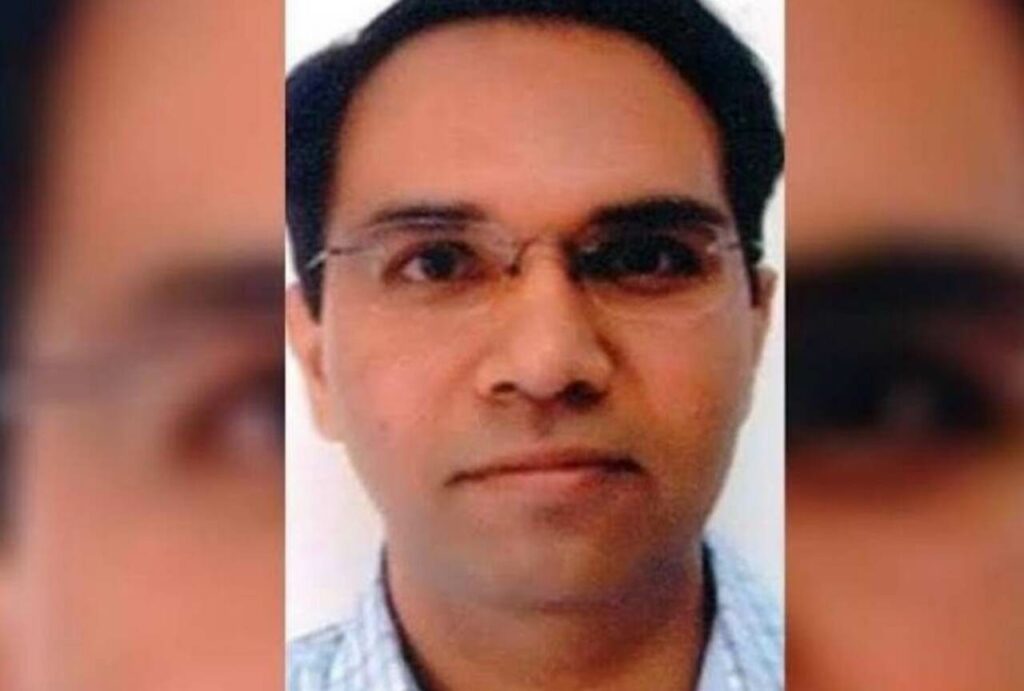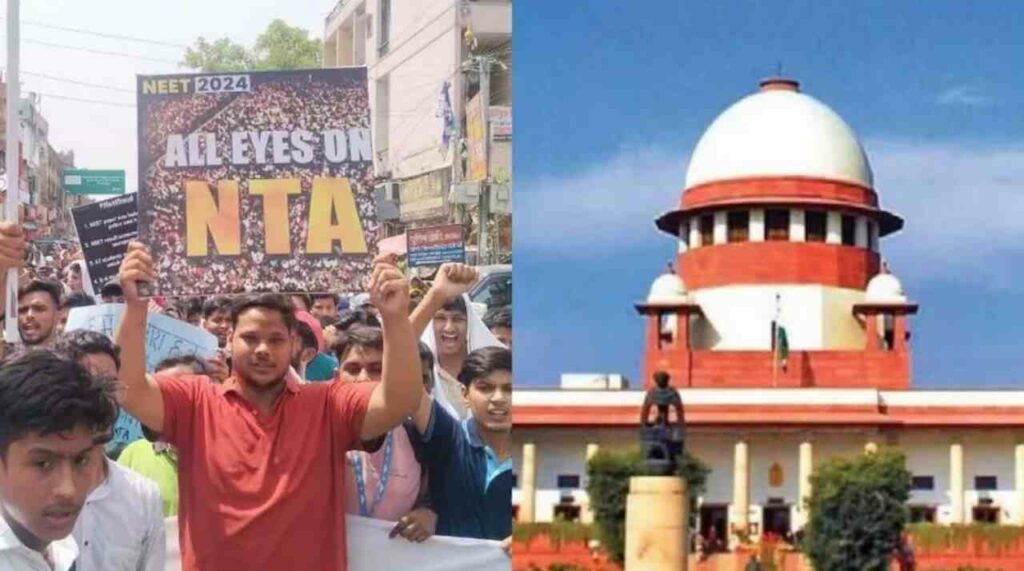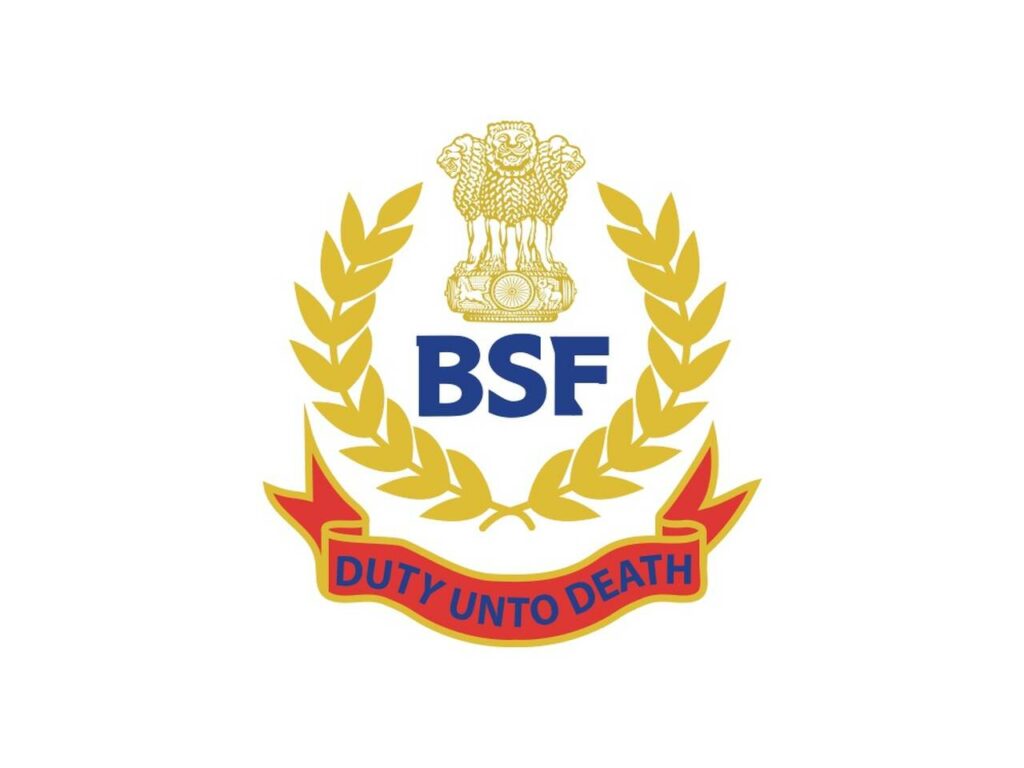New Delhi: The Supreme Court today directed the State Bank of India (SBI) to disclose all details related to electoral bonds that allowed individuals and companies to make donations to political parties. This must include the “serial number” of each bond, said a five-judge bench, headed by Chief Justice of India DY Chandrachud.
“We want all information related to the electoral bonds to be disclosed which is in your possession,” said CJI Chandrachud while hearing a petition against the “incomplete data” provided by the SBI on the donations made through electoral bonds.
The court directed the SBI chairman to file an affidavit by 5 pm on Thursday, stating it has not suppressed any details. It also asked the Election Commission to upload the details once they get it from the SBI.
The court struck down the electoral bond scheme last month and directed the bank to share all details on the donations made in the last five years. It had also sent a notice to SBI saying that the data provided on electoral bonds was incomplete.
“The SBI’s attitude seems to be ‘you tell us what to disclose, we will disclose’. That does not seem to be fair. When we say “all details”, it includes all conceivable data… All details should come out. We want to ensure that nothing has been suppressed,” the CJI said today.
Stating that the SBI can’t be selective in disclosing all details, he said, “Don’t wait for the orders of the court. We bank on the fact that the bank will be candid.”
The SBI was earlier criticised for not sharing any link between the donors and the recipients of electoral bonds, after which the Supreme Court ordered them to share the bond “numbers”.
However, lawyer Harish Salve, representing the SBI, said the alphanumeric, a unique figure mentioned on each electoral bond that can be read only under UV light, is only a security feature and separate from the audit trail.
Justifying why the data provided by the SBI does not link the donors with their recipients, he said the purchase and redemption data of electoral bonds were stored in two separate files since the bank was under the dictate of anonymity.








